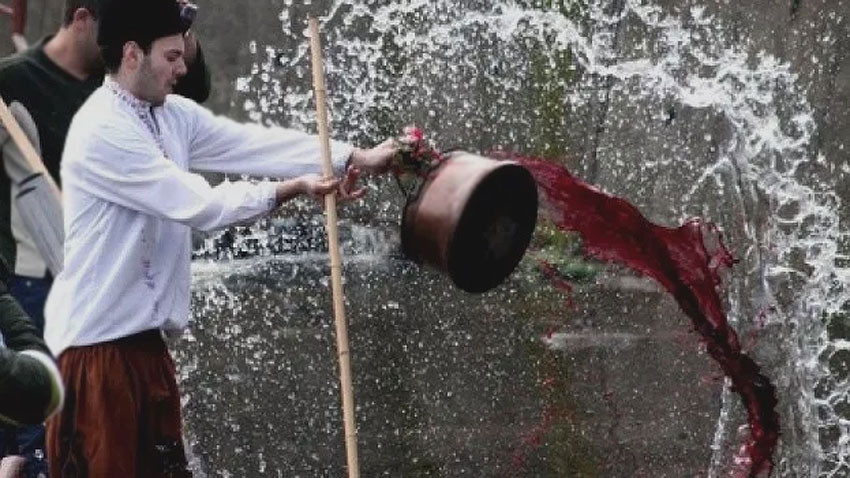
On January 7 the Bulgarian Orthodox Church celebrates the feast of St. John the Baptist, also called Forerunner of Christ. In Bulgaria this day is known as Ivanovden
When he was 30, John started preaching to people and baptizing them. He was the one who baptized Jesus Christ in the waters of the Jordan River, an event that most of the Orthodox world marks on January 6 – Epiphany. According to the Bulgarian folk beliefs, January 6 also marks the end of the so-called “dirty days.” After all the rituals related to the Christmas – New Year purification cycle, after all the blessings, chaos has finally retreated and cosmic harmony prevails. Folk customs on Epiphany and Ivanovden are in honor of this new beginning and are deeply connected by nature. On each of these holidays ritual bathing takes place. As it is known, on Epiphany, after the priest casts a cross into the icy waters of a river or basin, young men and boys compete to take it out.
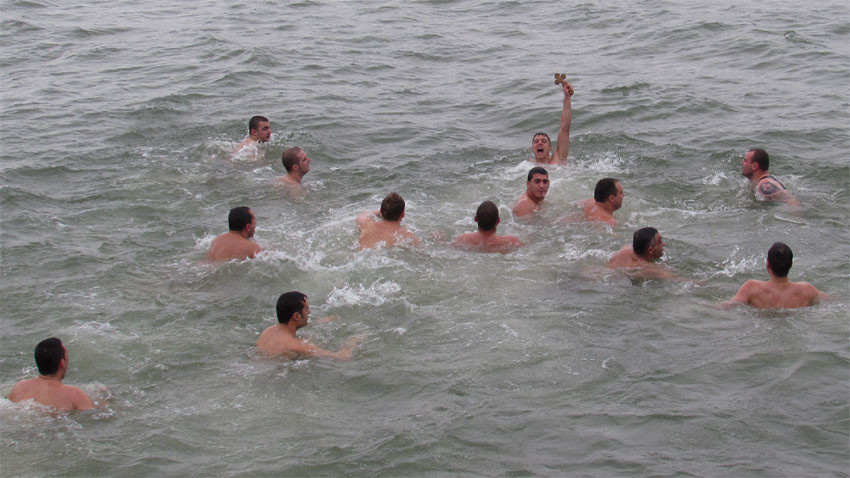
On Ivanovden those who celebrate their name day get bathed "for health". Ritual bathing also involves women and newly-engaged brides, hence the name of the holiday in some villages - "Women's Waters".
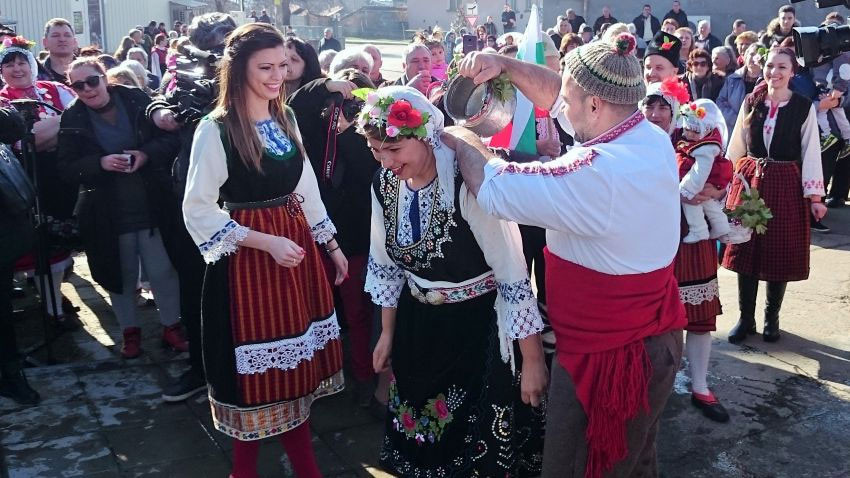
In Bulgarian traditions, Ivanovden is a celebration dedicated to communion and friendship. According to people's beliefs, the Lord gave St. John the task "to baptize land and water, young brides and young children." In the past the holiday was celebrated in each Bulgarian home. Best men ritually sprinkle water on newlyweds who married in the previous year. In the evening the young family visited the home of their best men, bringing cakes, dishes, wine, and brandy. People also performed rituals for becoming blood brothers on this day.
According to folk legends, lots of snow and ice on the Feast of St. John meant lots of health for people and cattle during the year. Preparations for upcoming weddings also start as weddings were allowed until the beginning of the Easter Lent. On Ivanovden the full cycle of the “koleduvane” rituals end.
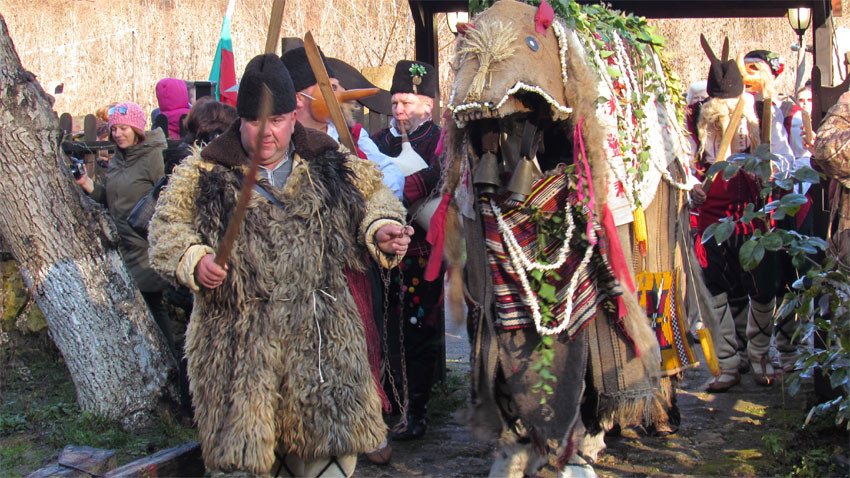
Christian folk thought is also reflected in festive folk songs. Some of them tell how the Mother of God was walking with her newborn son in hands, looking for a godfather. Saint John was the one who agreed to perform the baptizing. When the Young God was baptized in the waters of the Jordan River, its bottom was gilded, and its shores became silver. Gold and silver are symbols of prosperity in another popular song that used to be performed on these Epiphany and Ivanovden:
A tree grew high,
The blue sky it reached.
Branches were of pure silver,
Its leaves were all gold.
There were golden bees on its leaves
The tree – St. John himself.
Silver leaves – holy icons,
golden bees–pious Christians.
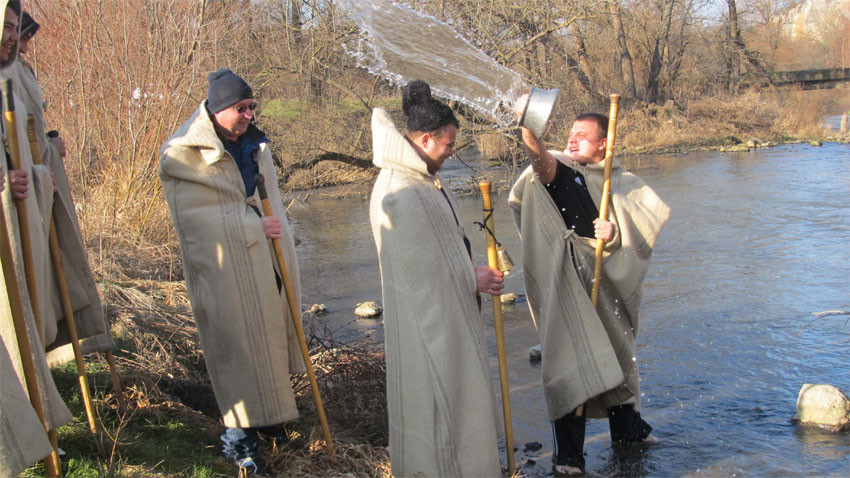
English: Alexander Markov
Photos: BGNESIt's Ignazhden! On St Ignatius' Day, 20 December, we honour the memory of St Ignatius the Theophorus. In the Bulgarian calendar St Ignatius' Day (Ignazhden) is not only a religious but also a folklore holiday. According to national tradition, it is..
Eight authentic Bulgarian traditions and skills, passed down through generations, have been added to the National Representative List of Bulgarian Intangible Cultural Heritage of Humanity, becoming part of Bulgaria's Living Human Treasures. "This..
Halva, this sweet temptation with an oriental twist, is a welcome delicacy on the Bulgarian table, especially on holidays. Judging by the descriptions of Western travellers, halva was a common dessert in Bulgarian lands as early as the 16th century. The..
Today is Babinden (Midwives' Day) - one of the most beloved and authentic Bulgarian holidays deeply rooted in local folk tradition . Celebrated on 8..

+359 2 9336 661
